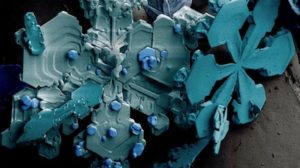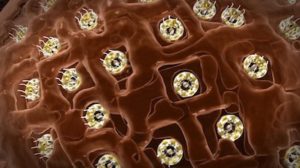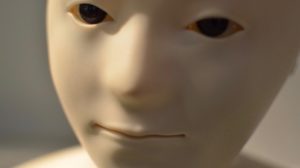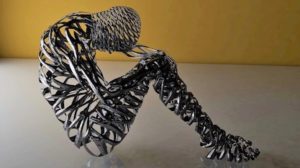
Science


DNA as Clue: How Intelligence Detects and Creates Information

How the Nucleus Guards Its Gates

Richards, Medved: Sex Robots and the Future “Smart Machine” Dystopia

Bradley Center to Sort Reality from Rubbish on AI; Join Us July 11 in Seattle for the Big Launch!

What to Fear? Jay Richards’s The Human Advantage Is Out!

This Is Science — Dog Study Confirms What Everyone Already Knew

Why Social Science Does Not Need Evolutionary Theory
Is There Information in Saturn’s Rings?






































